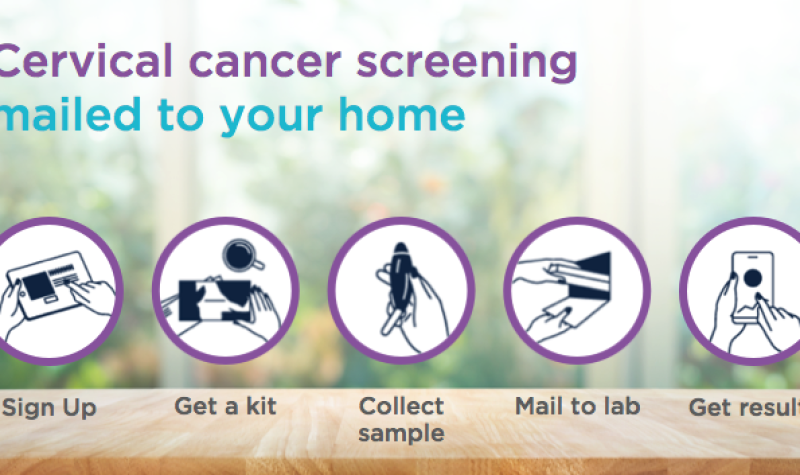The Métis Nation of British Columbia have teamed up with British Columbia Centre for Disease Control, BC Cancer and Public Health Services Authority to launch a program called Cervix Check.
Cervix Check is an online service for at-home cervical cancer screening for Métis women who do not regularly attend screening for cervical cancer, or the Human papillomavirus (HPV). The program was Piloted in selected family medical clinics in Surrey, BC and now in northern BC in partnership with Métis Nation BC in Terrace, Prince Rupert, and Smithers.
In an paper published by BC Cancer, First Nations Health Authority (FNHA), Métis Nation British Columbia, and the BC Association of Aboriginal Friendship Centres, Indigenous women are 92 per cent more likely to get cervical cancer. There are massive gaps that exist in our federal and provincial health systems in regards to Indigenous peoples' health and especially preventative health.
In a provincial initiative called Indigenous Health and Wellbeing, there has been a more dedicated effort to addressing the gap between the health status of Indigenous and non-Indigenous residents as the numbers of life expectancy, age-standardized mortality rate, youth suicide rate, infant mortality rate, and diabetes rate continued to widen in three of those areas.
CICK News spoke with Dr. Sheona Mitchell-Foster, an obstetrician gynecologist and project coordinator for Cervix Check, about the goals for a program like this.
"Our focus is really on under-screened [Métis] women. So cervical cancer is one of those unique cancers in that we have a very specific knowledge of how it is caused and how we can prevent it before it turns into cancer, so we're able to catch things in a pre-cancer phase. But to be able to do that, we have to first engage women in screening. In about 50 per cent of the cases of invasive cervical cancer, it's women who haven't been screened."
There are many barriers that keep women away from the doctor which this project is trying to address. Barriers such as geography, lack of care provider, previous trauma with the healthcare system, or finding a practice that is culturally safe for Metis women are keeping too many women out of the healthcare system for a routine pap smear.
In 2020 and 2021, another barrier has popped up and that's the common belief that people don't want to bog down the healthcare system for check ups that are not an emergency.
Cervix Check addresses each of those barriers and hopefully the Métis women of Northern British Columbia hear about this program and participate.
To register, it's simple: sign up at cervixcheck.ca and fill out some brief information and a kit will be mailed to you. You conduct the swab and mail it back.
Listen to CICK's interview with Dr. Sheona Mitchell-Foster on the CICK News website. Here is a clip from that interview:


